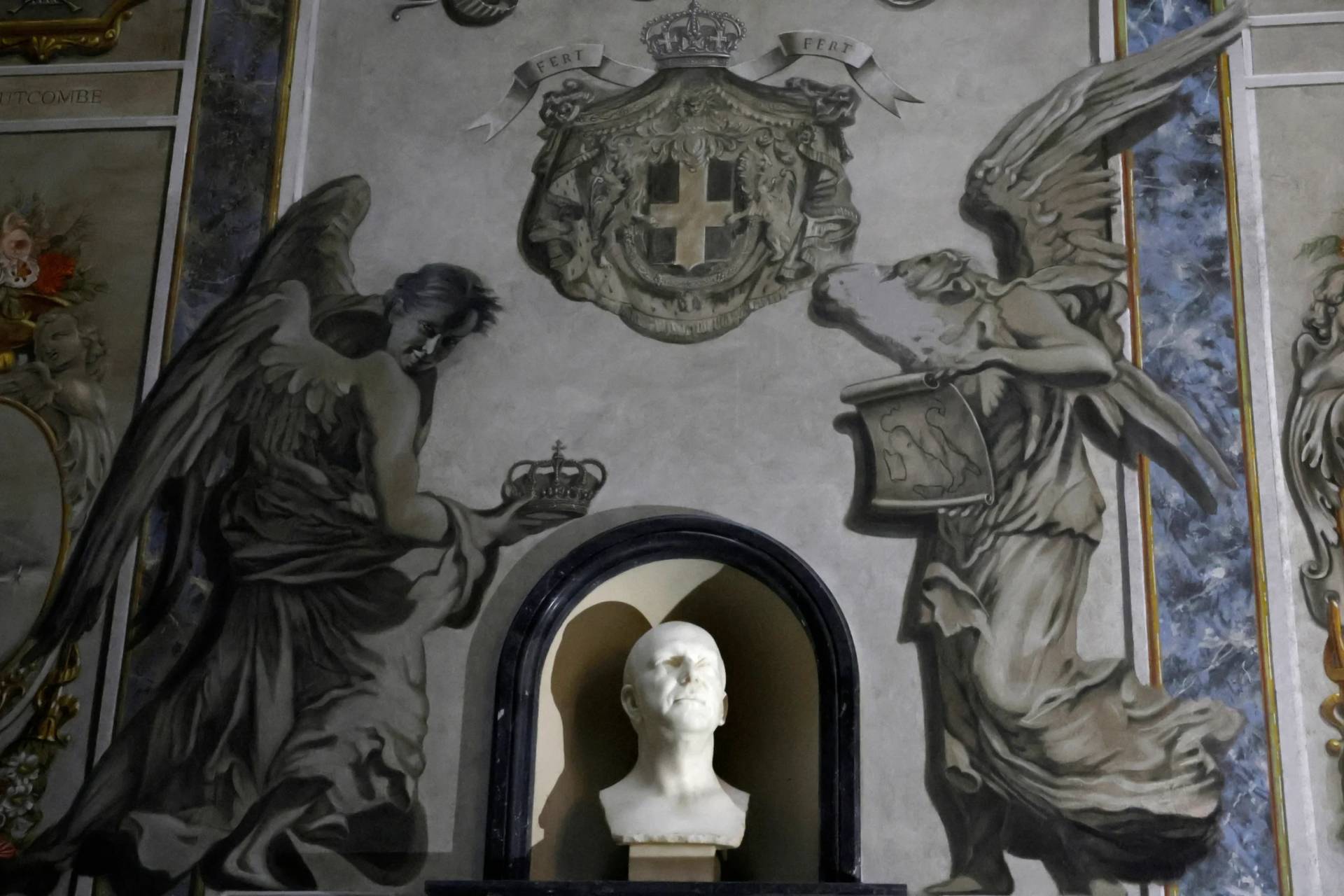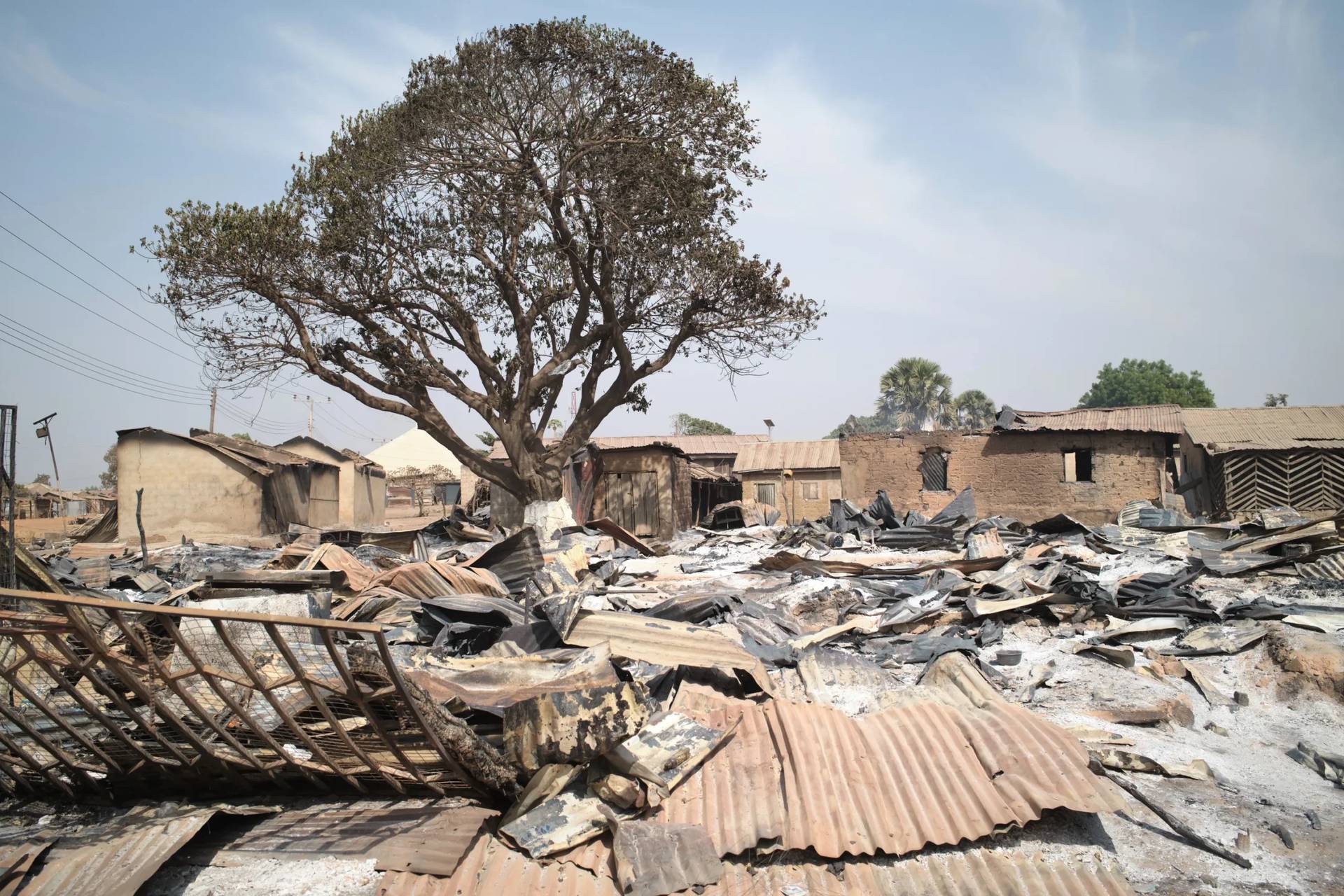MANAGUA, Nicaragua — A Catholic bishop who has been outspoken in his criticism of President Daniel Ortega over Nicaragua’s political standoff left the country Tuesday after being called to the Vatican indefinitely by Pope Francis.
Speaking at Managua’s international airport, where no members of the country’s bishops’ conference were on hand to bid a farewell, Managua auxiliary Bishop Silvio Báez told journalists and supporters that he was leaving with “my heart broken into pieces.”
“It hurts me to leave, but my heart remains here and I will always be following (the situation in Nicaragua) closely,” Báez said. “As many times as may be necessary and as often as Pope Francis asks me to speak with him, I will give him my vision of reality in the most objective manner possible.”
Báez, 60, who celebrated his last Mass in Nicaragua on Sunday, said he would visit relatives in Miami before traveling to Rome.
Báez has received multiple death threats and suffered a cut on his arm when he and other church officials were attacked by a pro-government mob last year in Diriamba. Drones hover over his home, and men on motorcycles have entered its parking area. He changed his phone number four times because of the threats.
When Francis told Báez he was needed in Rome, the pontiff did not say whether the decision was related to an alleged assassination plot that Báez said the U.S. government warned him of several months ago.
His transfer for an undetermined period of time was announced two weeks ago and prompted surprise and concern among the Nicaraguan opposition, as well as celebration by Ortega allies.
Báez acted as a mediator last year during brief, failed talks on resolving the crisis that erupted in April 2018 with large protests demanding Ortega leave office and allow early elections.
Ortega accused his opponents of attempting a coup, and security forces and armed civilian militias launched a crackdown in which at least 325 people were killed, more than 2,000 wounded and over 52,000 fled to exile, according to the Inter-American Commission on Human Rights.
Ortega had invited bishops to take part in the talks but later criticized them harshly.
A new round of negotiations with the Church not acting as a mediator but rather as an observer is currently on pause.
The government called on opponents to join talks Tuesday, but the Civic Alliance opposition group said Ortega has not abided by previous agreements on freeing all those considered political prisoners and restoring basic freedoms and rights.
At the airport Báez said he wishes for Nicaragua “a society founded in social justice that springs from a true peace, where ideological plurality is not a crime but a treasure.”
He said he had received a letter of thanks on behalf of those who took part in the protests, and added that “the political prisoners have no reason to say thank you, it is us who should thank them for resisting.”
Báez urged the Civic Alliance to remain “firm” but not break off dialogue and called on Nicaraguans to support its efforts.












